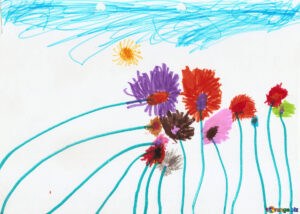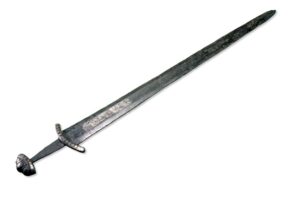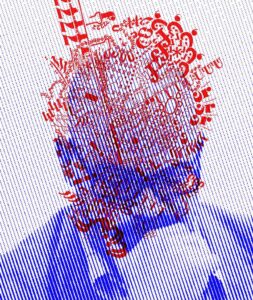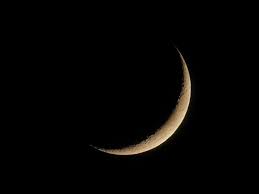Like a Shadow Crossing the Moon: May Reading at Poets Corner
Posted on behalf of Jillian Maguire
May was another festival of words at Poets Corner. We had a relatively full house at Fairleigh Dickenson University and a healthy virtual audience. Our first open mic featured forensic examinations, knitted fishing nets, poetry in the nude and even a shout out to Allen Ginsberg’s lonely old grubber. There were asymptotes, a renaissance angel, a pre-EU cycling trip, a bear tryptich, ta errified buffet and we even found ourselves stuck between a drunk and a hard place.

Free picture (Children’s drawing wildflowers) from https://torange.biz/childrens-drawing-wildflowers-42859
Our first feature poet was Jordan Scott, appearing on the big screen. Jordan’s verse is incredibly well crafted and imagistic. He moved from colouring wildflowers with a purple crayon to the colour of sickness and bushfires, following sleepwalker’s crumbs and watching a loved one learn to hate their face. The journey he took us on through his verses was slow and purposeful like a shadow crossing the moon, kicking up cinnamon plumes in the liver berries until we learned how to outlove our pastoralness in the headwaters of our fucked-upedness. We were left in a state of sonic portage, with nothing trifled.
We got into the second round of open mic poems and saw a woman burying her husband headfirst and upside down, a dialysis ward featuring Lewd Judy and a sloo of colonial jokes. There was a Chilean lawyer who last week was an accountant from Mexico putting us really really really in the mood to care. The audience was definitely amused by the white knuckle action of these poets. We got a plea to stop Cop City, and if you don’t know what Cop City is, you have some googling to do!
 Alice Major was up next, and were transported back to Anglo-Saxon times with a reference to Beowulf. The image of a knife on snow invading the poet’s landscape was as disturbing and the 3000-mile strand of asphalt that residents of Fort MacMurrey used to escape the hellscape of the 2018 fires. As I write this, May wildfires are ravaging almost every corner of the country and I am wondering why we didn’t learn any of the lessons Mother Nature was trying to teach us five years ago with her downpour of flames. Alice reminded us that we are all historians and she went back to the knife in her yard, remembering a time before iron was a weapon. She ended with two sonnets, leaving us with a sense of liquid time, pouring on unending. Let’s hope humans keep going on with it.
Alice Major was up next, and were transported back to Anglo-Saxon times with a reference to Beowulf. The image of a knife on snow invading the poet’s landscape was as disturbing and the 3000-mile strand of asphalt that residents of Fort MacMurrey used to escape the hellscape of the 2018 fires. As I write this, May wildfires are ravaging almost every corner of the country and I am wondering why we didn’t learn any of the lessons Mother Nature was trying to teach us five years ago with her downpour of flames. Alice reminded us that we are all historians and she went back to the knife in her yard, remembering a time before iron was a weapon. She ended with two sonnets, leaving us with a sense of liquid time, pouring on unending. Let’s hope humans keep going on with it.
 We look forward to our grand finale on June 21, with Gary Geddes and Derek Beaulieu. It is going to be a heck of a night of verse. We do pay our poets well at Poets Corner, and though we are grateful to the Canada Council for the Arts for their support, we are finding our bank account is running low, so if you enjoy our readings, please consider donating. We really do want to keep putting money into our poets’ pockets, so click here to go to our donations page. We can’t keep this series running if we don’t put a little back into kitty.
We look forward to our grand finale on June 21, with Gary Geddes and Derek Beaulieu. It is going to be a heck of a night of verse. We do pay our poets well at Poets Corner, and though we are grateful to the Canada Council for the Arts for their support, we are finding our bank account is running low, so if you enjoy our readings, please consider donating. We really do want to keep putting money into our poets’ pockets, so click here to go to our donations page. We can’t keep this series running if we don’t put a little back into kitty.


